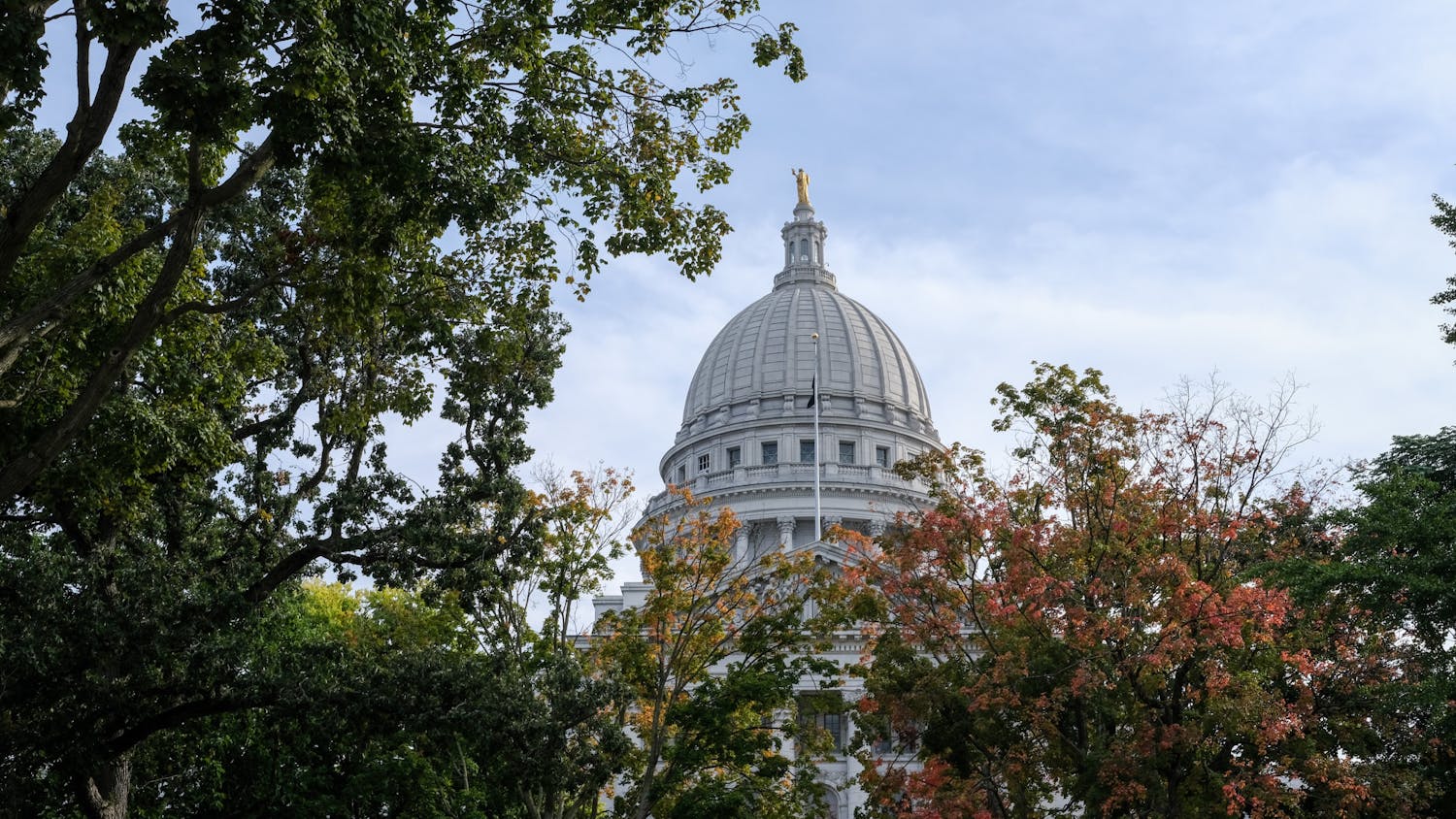A possible conflict between collegiate apparel company Steve & Barry's and one of its manufacturers has highlighted some difficulties with implementing UW-Madison's long awaited anti-sweatshop plan.
Steve & Barry's, a national chain with two Madison locations, is one company the university has licensed to produce products with the UW-Madison logo.
According to a March 8 Worker Rights Consortium report, one of the factories that makes Steve & Barry's apparel, Kenyan Sinolink Garment Manufacturing, came under scrutiny for August 2004 workers' rights complaints.
Throughout much of 2005, the WRC, a group that oversees collegiate apparel production, found Sinolink did not recognize unions, harassed employees and enforced mandatory night shifts during which employees were locked in the factory.
Since the beginning of the investigation, however, Sinolink has made tremendous progress\ in how they treat their workers, according to WRC African Field Representative Jeremy Blasi.
""The most important issue is that the factory has demonstrated respect for workers' associational rights,"" Blasi said. ""It's the first factory in the Mombassa Free Trade Zone to recognize a union.""
The report noted most illegal practices such as mandatory night shifts and harassment were amended by late 2005 due to management change and pressure from Steve & Barry's, who offered to place substantial orders on the condition the WRC recommendations were enacted.
Even though Sinolink complied, Blasi said Steve & Barry's did not increase its orders, and that the manufacturer has been in dire straits ever since it reformed.
""The overall sentiment we have towards Steve & Barry's is they were very good early on,"" Blasi said. ""Since then, their follow-through isn't what we would've liked.""
Steve & Barry's could not be reached for comment.
According to Student Labor Action Coalition member Liana Dalton, the proposed Designated Suppliers Program would mandate licensees such as Steve & Barry's to buy from factories that comply or plan to comply with WRC standards, including Sinolink.
Blasi noted that if licensees failed to work with the DSP once it has been enacted, universities could choose not to do business with them. Before the University could not require licensed companies source from factories in compliance with WRC codes.
""In the past, universities have made recommendations, and licensees have responded positively,"" Blasi said.
Associate Vice Chancellor Lamarr Billups agrees the DSP will have a ""positive effect,"" but noted it has not had a chance to be implemented.
Blasi said the WRC must gain a ""critical mass"" of universities to support it.
""In order for this program to work, it will be necessary for a certain number of universities with large number of licensing contracts, such as the University of California System, University of Michigan and Ohio State to participate in the program,"" Blasi said.
Meanwhile, Dalton said she thinks if Steve & Barry's rewarded Sinolink, the factory would set a precedent in its region, and competing businesses would see it in their economic interests to ensure a good work environment.
""It's a step we must take to ensure UW apparel doesn't come at the expense of workers' rights,"" Dalton said.
\





